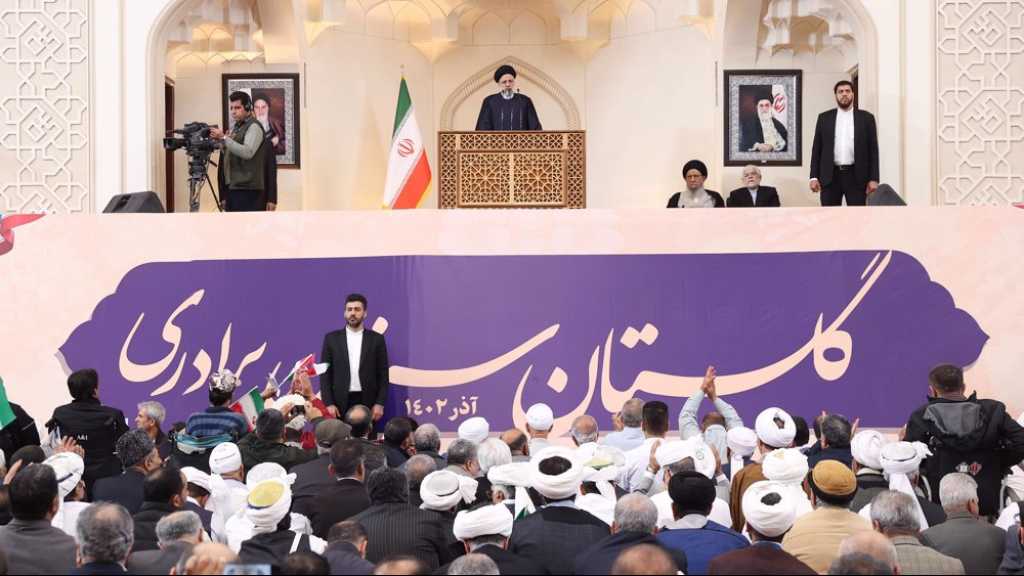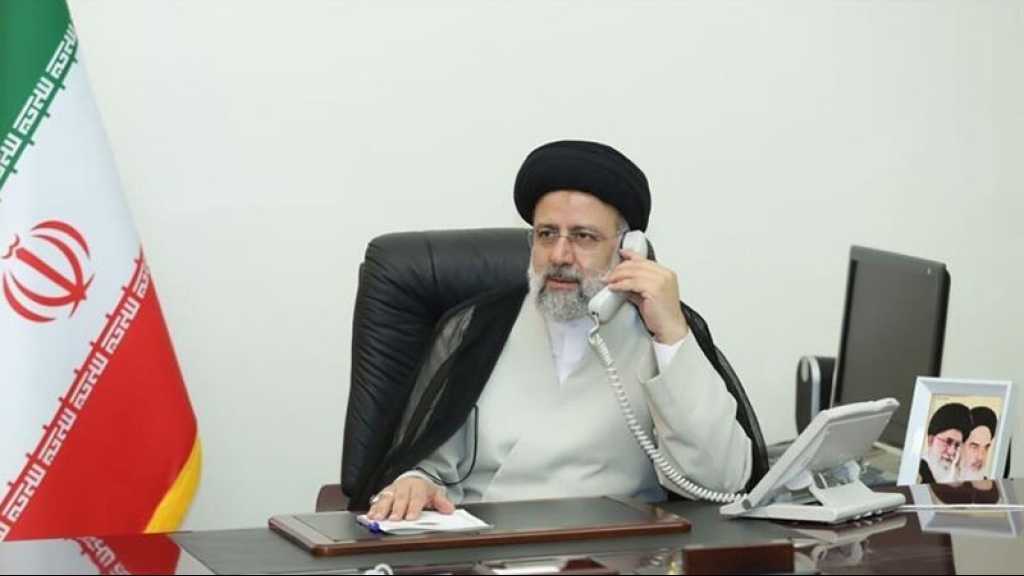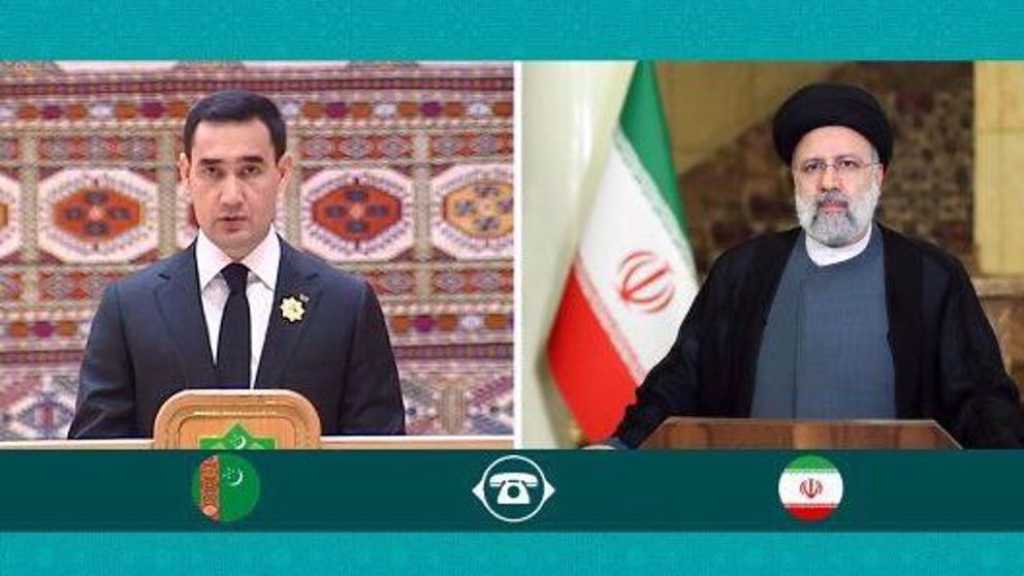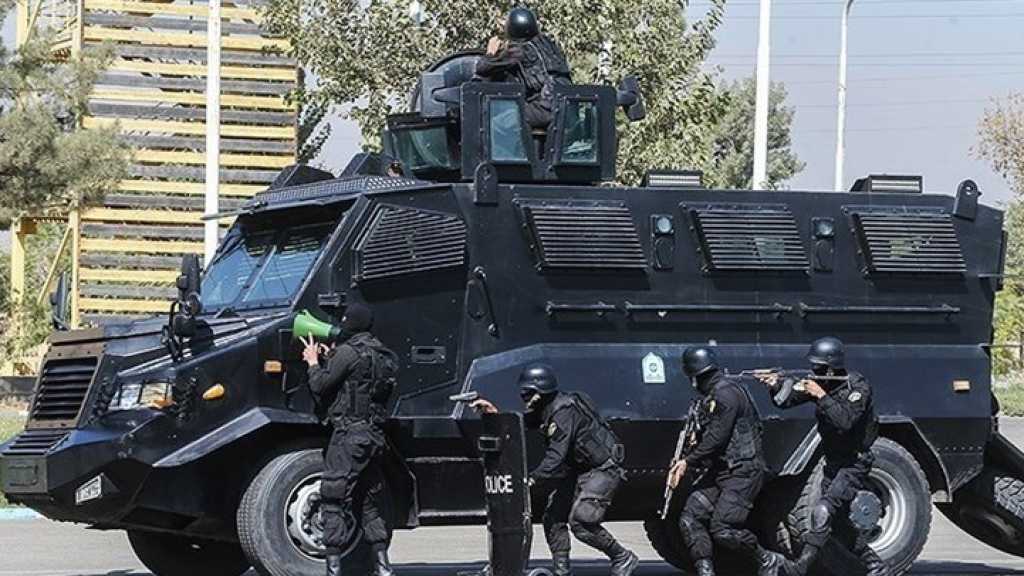
Iran can do without oil

Source: Press TV, 01-12-2008
By Abdolreza Ghofrani
In the past four months, oil prices have plummeted at a rate that has been unprecedented for decades, and it is undoubtedly the oil-rich nations with their economies dominated by crude that have lost the most from this trend.
For single-product economies such as Iran, dependence on oil revenues is no longer a secure policy. Instead, it is one that puts growth and progress at stake. Iran has been dependent on oil for several decades, but with the current global economic situation, alternatives must be sought for economic objectives to be achieved.
An economy without oil has been, for several years now, the motto of Iran's economic circles. Scholars and economists from the public and private sector have been studying the feasibility of such an ambition, which could shape the destiny and pattern of life in this country for decades to come. It is essential that the decisions made and strategies formulated by this debate are exhaustive and carefully measured as the fate of future generations is at stake.
There are of course pessimists who argue that the objective of an 'economy without oil' would require an extravagant amount of time and is full of unforeseen obstacles that could prove insurmountable. No doubt, such an ambitious venture would be lengthy, complicated and very hard to accomplish but in today's rapidly changing and unstable global economy, there is no other option.
In recent decades, other global economies have successfully restructured their industrial base, diversified their economy and are now reaping the benefits. Iran must utilize the experience and expertise of countries such as Malaysia and pursue the same path with confidence.
After gaining independence in 1957, Malaysia was heavily dependent on revenues from the country's huge tin mines and rubber industry for financing its development projects. However, since 1971, Kuala Lumpur has been following a 'New Development Policy' under which plans have been implemented to redirect the economy towards one that is based on the export of finished goods. The success of this policy has seen Malaysia become one of East Asia's economic giants.
Pursuing a similar policy is possible in Iran if certain regional characteristics and differences in economic structure are taken into consideration. In particular, the Iranian government must strengthen the country's infrastructure and use foreign resources in the form of direct foreign investments to support the transformation.
The law for attracting and protecting foreign investments must be enforced meticulously and foreign investors must be given assurances regarding the safety of their investments. Red tape at government agencies must be removed over time and the number of public bodies must be reduced to a minimum. The focus must be on the qualitative aspect of manpower, specialization and expertise in Iran's export-orientated industries in order to exploit the country's economic advantages.
In short, every attempt must be made to streamline the government in such a way that quality becomes the highest priority, the size and number of government agencies is minimized, public expenditure is reduced and skilled manpower is directed towards more productive fields in the private sector. The government must endeavor to recognize human talent and capability within its own workforce, and reward and nourish employees to enable them to release their full potential.
There are abundant underground resources in Iran that await discovery and exploitation, which can help to forge economic and industrial growth in the decades ahead. In recent times, Iran has taken advantage of its oil resources to finance its economy but ignored other rich and abundant natural assets that could be used to generate revenues and replace oil as its major source of income.
In recent decades a major part of Iran's oil revenues have gone to cover current expenditure, thus ensuring the social welfare of its citizens today. Although this is important, the bigger picture must not be overshadowed. The welfare of Iranian citizens and the Iranian nation tomorrow depends upon the adoption of good investment policies today. Current expenditure must be shifted to major development and construction projects to guarantee that in future years the Iranian infrastructure, communications systems, heavy industry and agricultural sectors can exploit the true potential of the country. Using oil revenues to invest in this way will create a strong, robust and growing economy that will lead to a better life for all Iranians.
One of the remarkable features of the Iranian economy is the number of natural advantages that can be utilized in the quest for a non-oil economy. Iran has a young, energetic and inexpensive labor force -- a significant factor in reducing production costs and making Iranian goods competitive on international markets. Iran also has strong relationships with international agencies such as UNCTAD, ENESCAP and the WTO, which provide developing countries with comprehensive services to promote their exports.
This weekend, the UN International Conference on Financing for Development is taking place in Doha, Qatar. It follows up on the Monterrey Conference held in 2002 in Mexico. Other than the current global economic crisis, the forum is an opportunity for all developing countries to exchange their views and expertise on development issues.
The objective of an economy without oil is not a dream. The will is there to make the change and the present global economic tumult and the volatility on oil markets make it unavoidable. Steps must be taken now. The sooner the better.
*the author is a senior international and economic expert
Comments

Raisi: Palestinian Resistance Astonished The World
3 months ago

